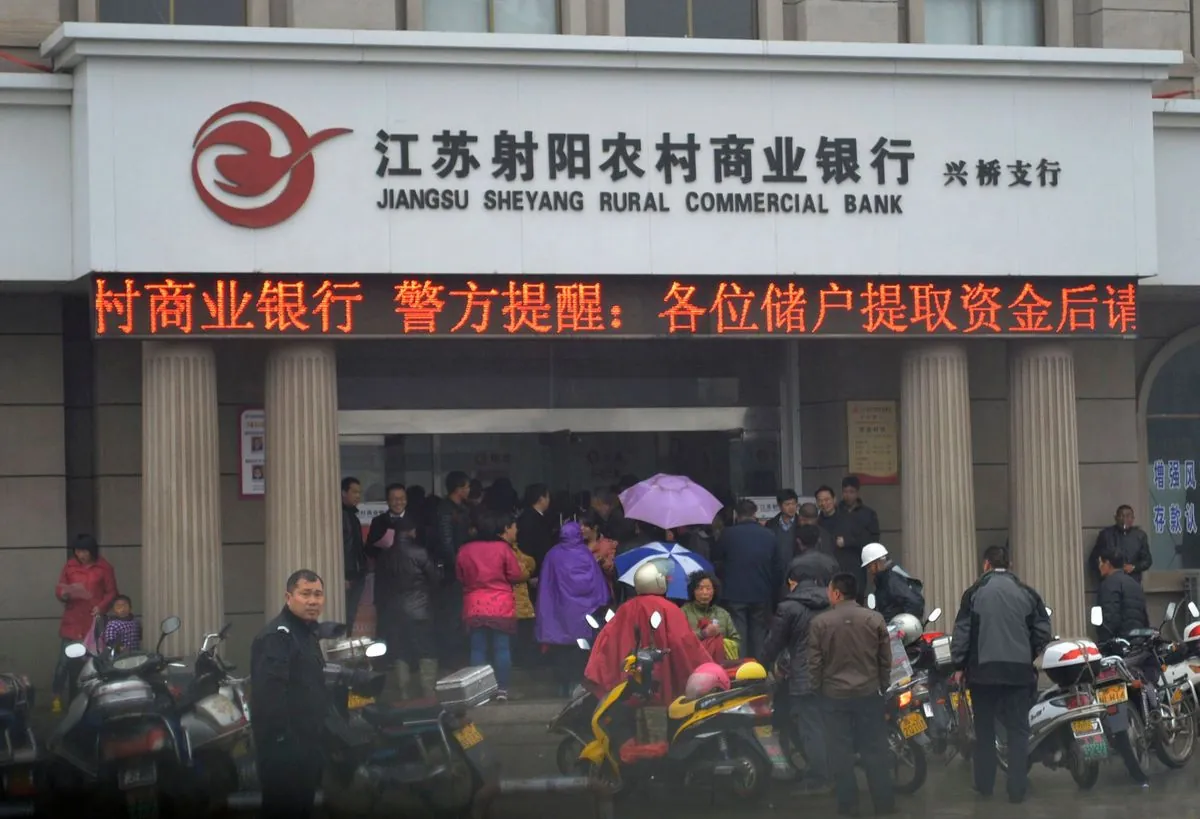China Denies Bond Market Intervention, Emphasizes Regulatory Approach
Chinese regulators refute claims of direct intervention in the bond market, stressing adherence to market principles. Recent actions aim to curb excessive rally and investigate potential manipulation.

In a recent development, Chinese financial regulators have addressed concerns regarding their oversight of the nation's bond market, which ranks as the world's second-largest. The authorities have emphasized their commitment to market principles and macro-prudential approaches in their regulatory practices.
According to a report published by state media on August 26, 2024, Chinese regulators have rejected claims of direct market intervention. This statement comes in response to recent actions taken to curb a prolonged and intense rally in the bond market, which had been accompanied by a significant surge in trading volume.
The People's Bank of China (PBOC), China's central bank established in 1948, has been at the forefront of these regulatory efforts. In early August 2024, a financial market association affiliated with the PBOC announced an investigation into four rural commercial banks over suspected manipulation in the treasury market. This move highlights the authorities' commitment to maintaining market integrity and preventing illicit practices.

The PBOC-backed Financial News has pushed back against claims of market intervention, citing industry sources who stated, > "As long as institutions trade in accordance with market principles and rule of law, the regulators will not directly intervene." [[Industry source statement]]
This stance aligns with the broader principles of financial regulation, including the concept of macro-prudential policy, which aims to mitigate systemic risks in the financial system. The term "macro-prudential" itself has roots dating back to the late 1970s when it was first used by the Bank for International Settlements.
China's bond market, which was established in 1981, has experienced rapid growth since the early 2000s. This growth has been accompanied by gradual opening to foreign investors, a process that began in the 1990s. The recent regulatory actions reflect the challenges of managing a rapidly evolving financial landscape while maintaining stability.
The authorities have also warned about the risks of a potential "stampede" in the bond market due to unilateral consensus behavior. This concern underscores the delicate balance regulators must strike between allowing market forces to operate freely and preventing excessive speculation or herd mentality.
It's worth noting that rural commercial banks, first established in China in 2003, play a significant role in the country's financial system, particularly in less urbanized areas. The investigation into four such banks for suspected market manipulation highlights the comprehensive approach regulators are taking to ensure market integrity across various segments of the financial sector.
As China continues to navigate its position as a major player in global financial markets, the adherence to market principles and the rule of law remains crucial. The recent statements and actions by Chinese regulators demonstrate their commitment to fostering a stable, transparent, and well-regulated bond market while addressing potential risks and misconduct.


































